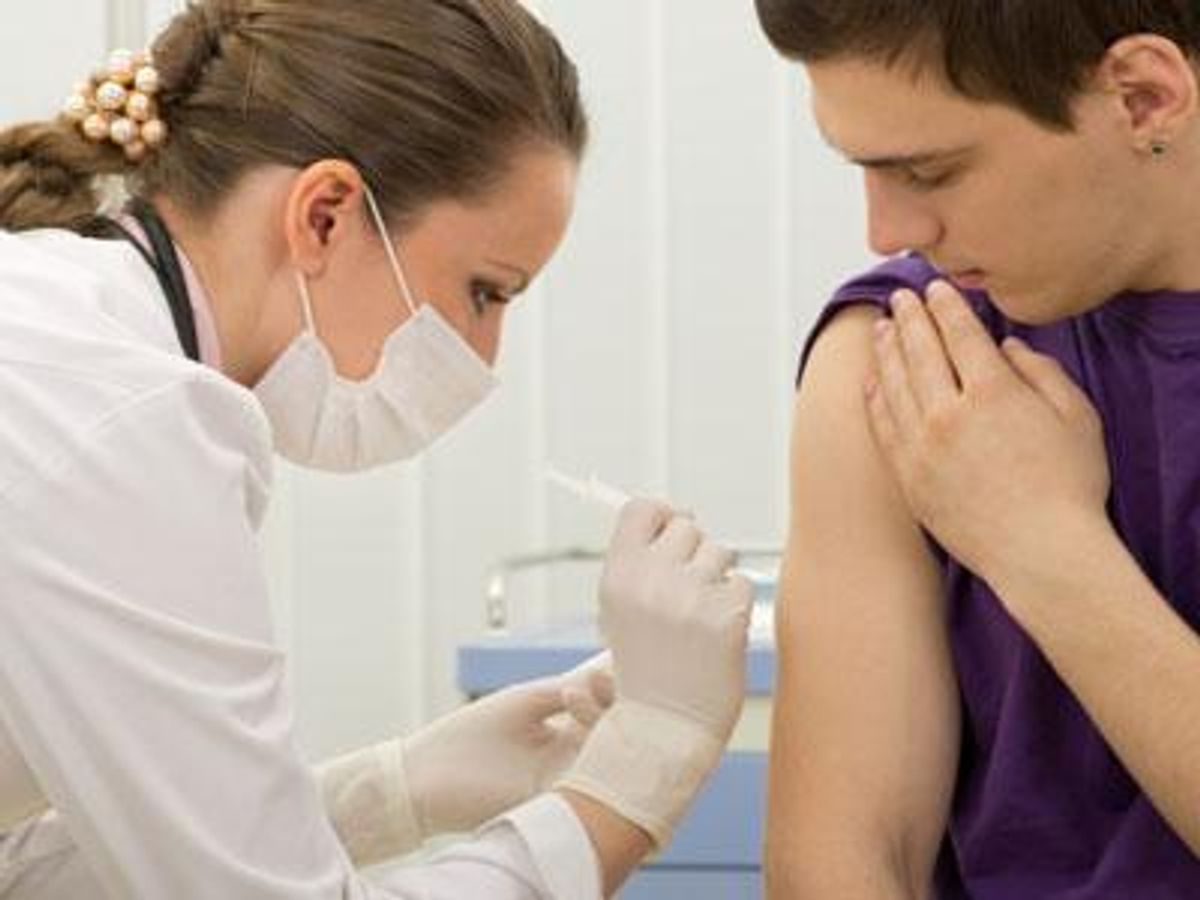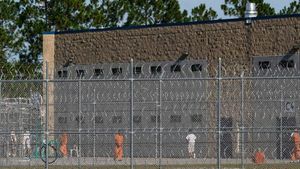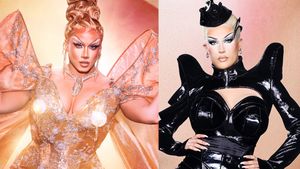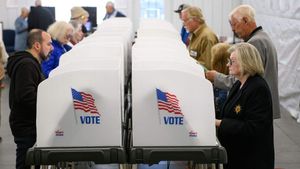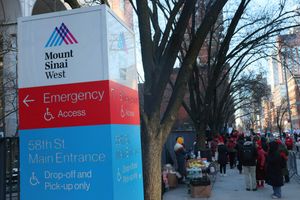The New York City Department of Health says that HIV-positive men who have had sexual contact with other men in the last two months are still at risk of getting infected with meningitis.
The disease is spread by prolonged close contact—like kissing or sex—as well as sharing eating utensils, a drinking glass, or a cigarette with another person infected with meningitis. The department warns that meningitis cannot be spread by simply breathing the same air as another person with the disease. However, people with HIV do have a greater risk of acquiring invasive meningococcal disease, which can become a fatal disease if not properly treated.
The department is calling on HIV-positive gay and bisexual men to get a meningitis vaccine. Even if you received a vaccine for college, you may need a booster shot, especially since there is not enough information to know how long the vaccine lasts among people with HIV.
It may take 7 to 10 days after getting the shot for the vaccine to become effective, but not everyone will develop protective levels of antibodies. If you are HIV-infected and you do receive the meningococcal conjugate vaccine, you should return to your health care provider eight weeks later for a second dose, according to the department of health.
If you're not sure whether you have meningitis, we found the most significant warning signs that you may have the disease from the Mayo Clinic and the NYC Department of Health. If you need to obtain a vaccination in New York, the department of health has identified facilities able to provide them.
Click through to understand the symptoms of meningitis...

Severe headache that isn't easily confused with other types of headache
Stiff neck
Vomiting or nausea with headache

Sleepiness or difficulty waking up
High fever
Sensitivity to light
Seizures

Confusion or difficulty concentrating — in the very young, this may appear as inability to maintain eye contact
Lack of interest in drinking and eating
Skin rash in some cases, such as in viral or meningococcal meningitis
